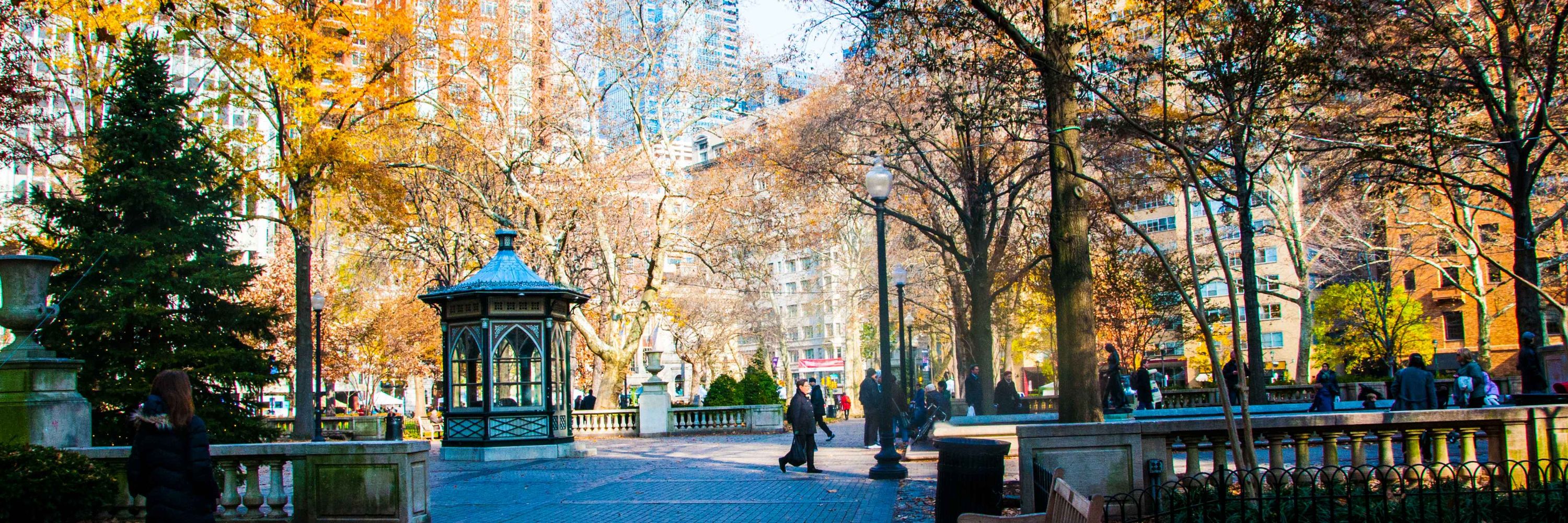
Postdoc @UPenn, Duke PhD
🧠 Cognitive neuroscientist/psychologist exploring how we recall the past & predict the future to change behavior
Interventions for health, climate change, & education
http://sinclairlab-rice.com
I’ll be presenting a poster this afternoon from 2:45-4 PM, board #48 in the Skyline Foyer! @socforneuroecon.bsky.social

I’ll be presenting a poster this afternoon from 2:45-4 PM, board #48 in the Skyline Foyer! @socforneuroecon.bsky.social


www.pnas.org/doi/epdf/10....

www.pnas.org/doi/epdf/10....

scienceimpacts.org/report?state...

scienceimpacts.org/report?state...
scienceimpacts.org
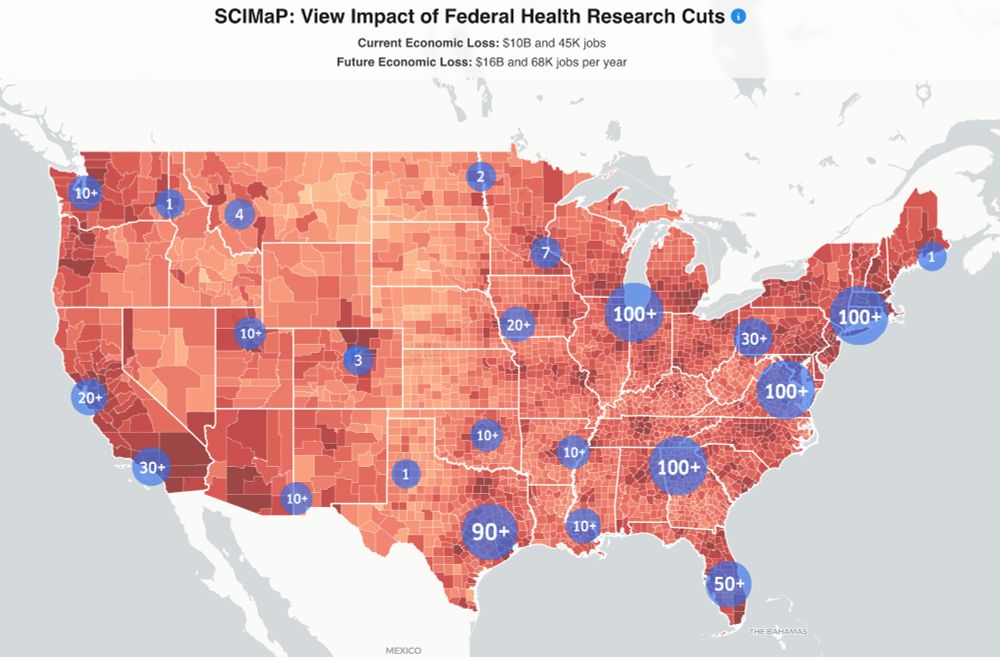
scienceimpacts.org
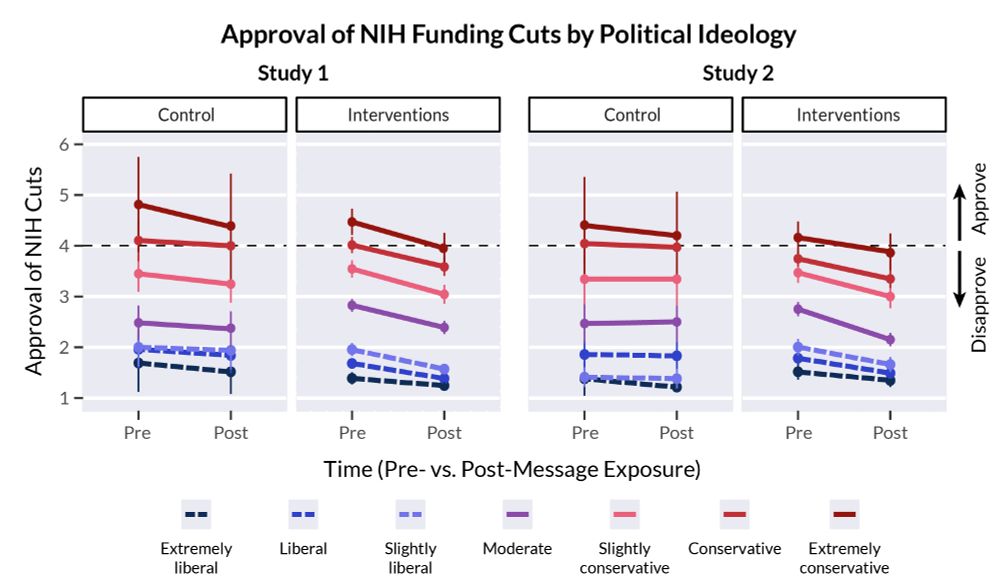
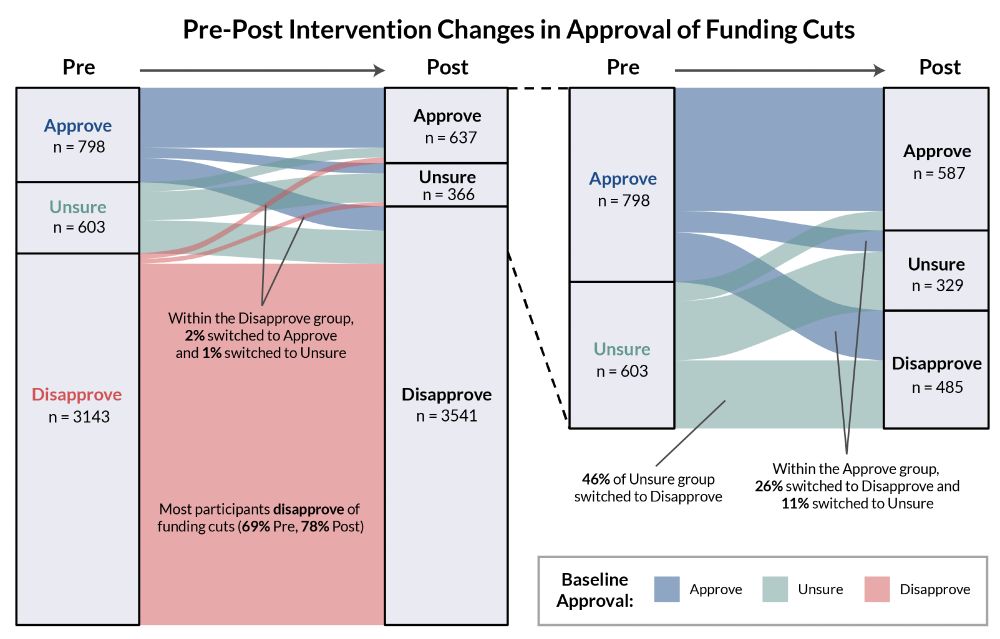
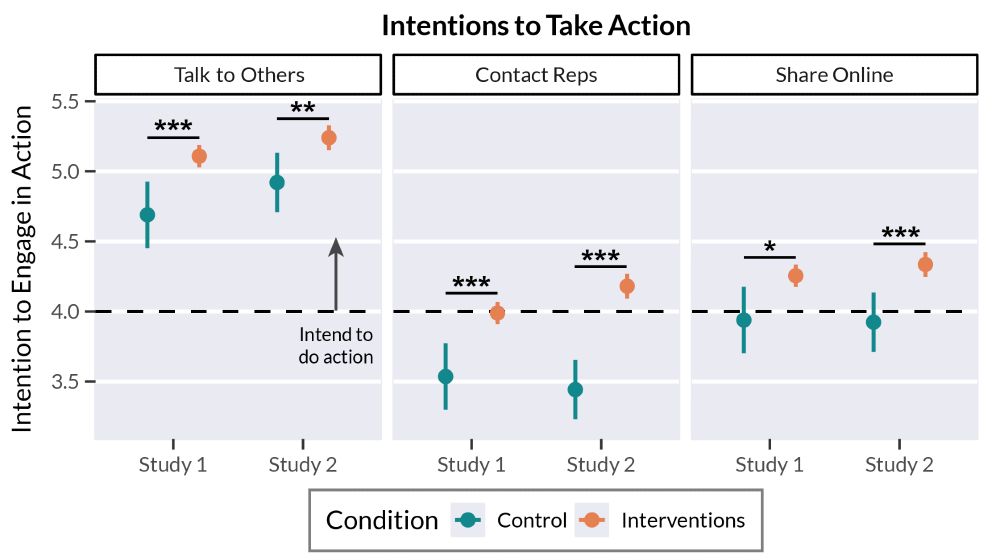
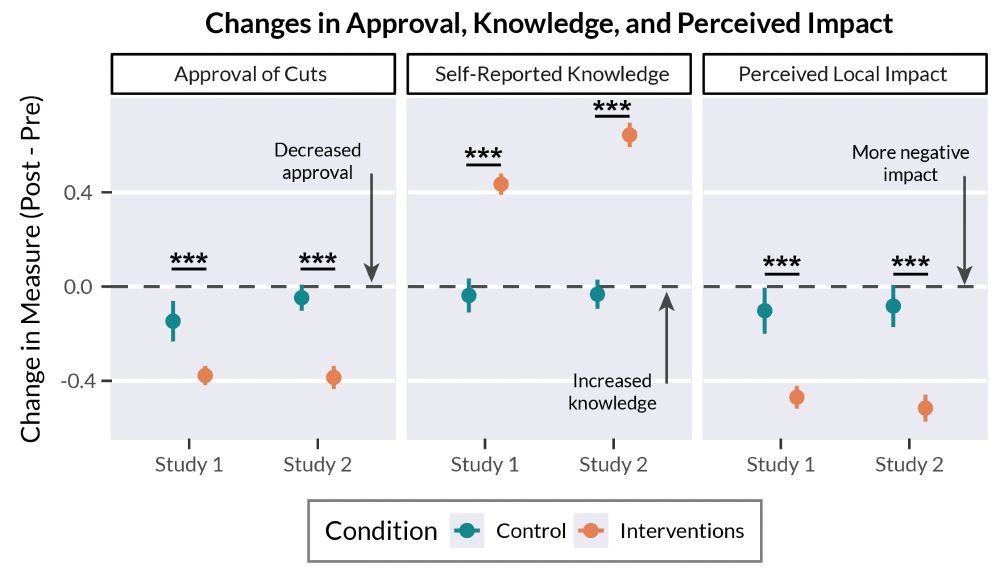
Although multiple factors shape whether we act on our intentions, intentions are valuable precursors of behavior that can guide the iterative development of behavior change interventions.
www.pnas.org/doi/epub/10....
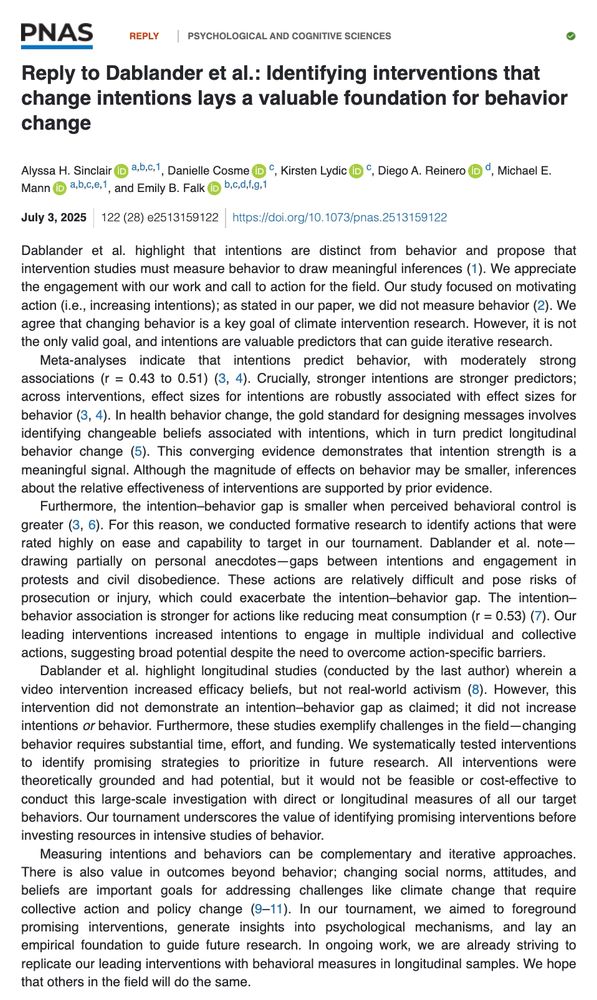
Although multiple factors shape whether we act on our intentions, intentions are valuable precursors of behavior that can guide the iterative development of behavior change interventions.
www.pnas.org/doi/epub/10....
Today (Sat) 10:30-11:45: imagination interventions motivate pro-environmental behaviors
Mon 12-1:15: affective framing of news headlines influences engagement, donations, and memory
@falklab.bsky.social @asc.upenn.edu @penncssm.bsky.social @appc.upenn.edu
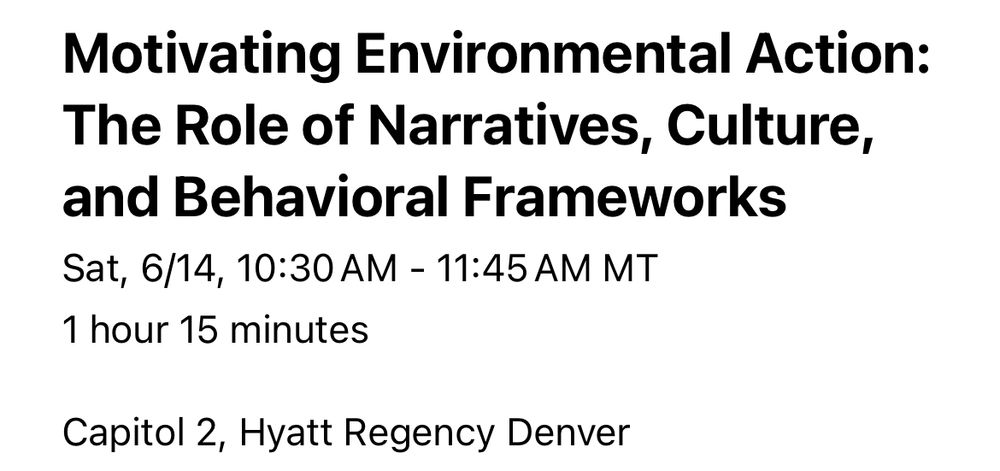
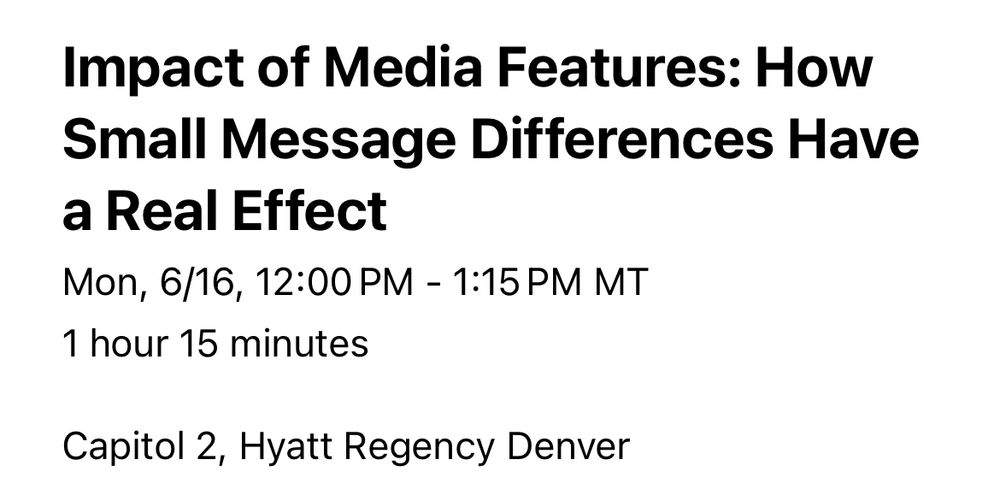
Today (Sat) 10:30-11:45: imagination interventions motivate pro-environmental behaviors
Mon 12-1:15: affective framing of news headlines influences engagement, donations, and memory
@falklab.bsky.social @asc.upenn.edu @penncssm.bsky.social @appc.upenn.edu

Lab will launch in Summer 2026— I'll be recruiting over the next year, so please spread the word! Short thread ⤵️

Lab will launch in Summer 2026— I'll be recruiting over the next year, so please spread the word! Short thread ⤵️





Preprint here: osf.io/preprints/ps...

Preprint here: osf.io/preprints/ps...
If you’re attending #psynom24, come to my talk from 11:40-12 TOMORROW (11/22) to find out the winning strategies! Marquis B-C!
@psychonomicsociety.bsky.social
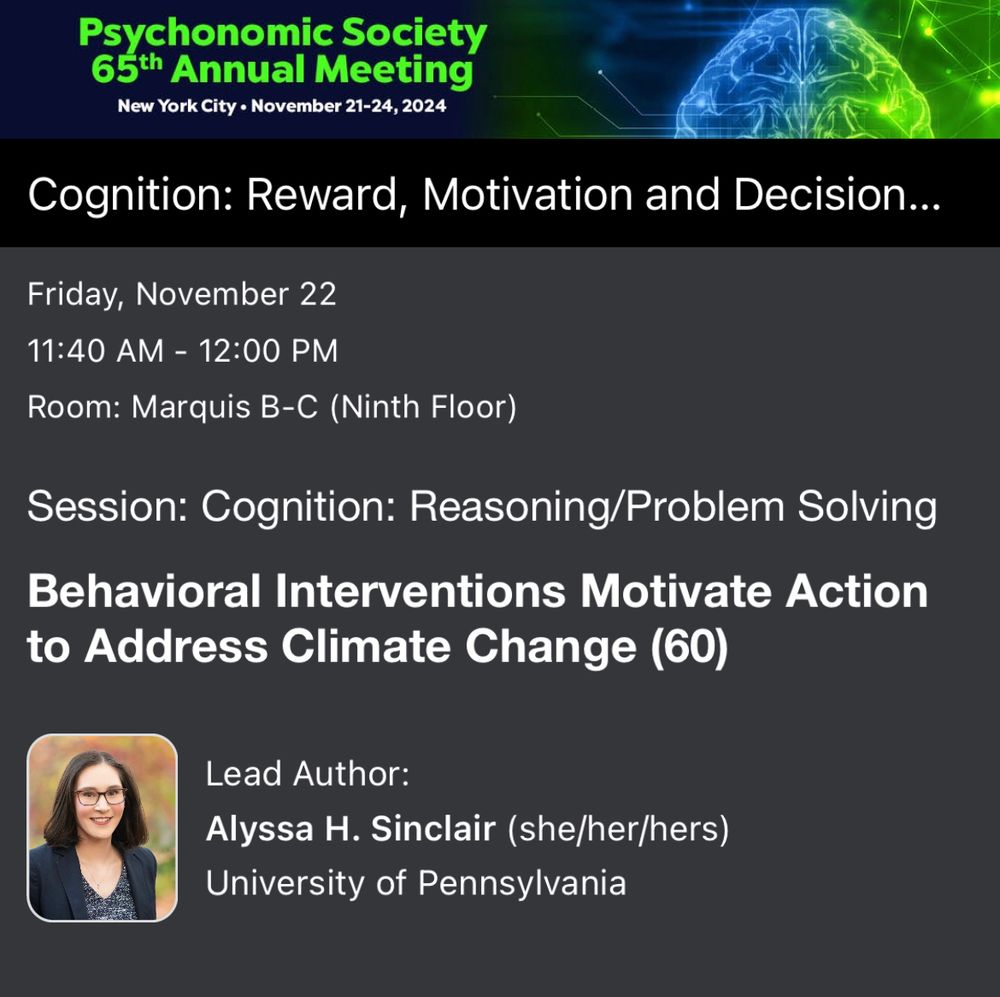
If you’re attending #psynom24, come to my talk from 11:40-12 TOMORROW (11/22) to find out the winning strategies! Marquis B-C!
@psychonomicsociety.bsky.social




